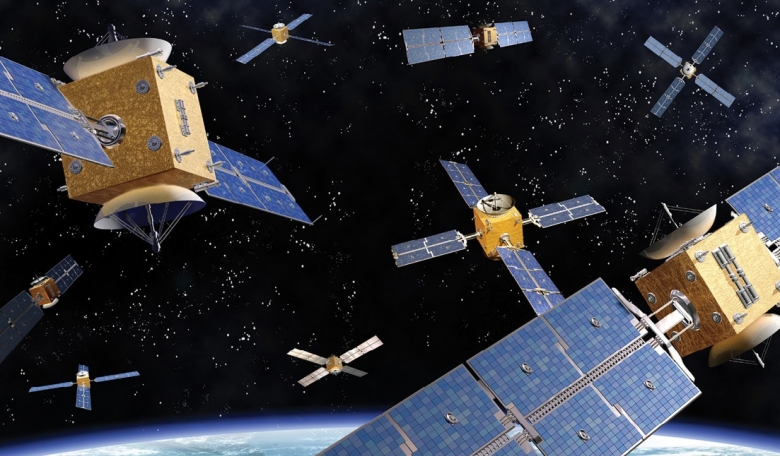Registration of objects launched into space is essential for ensuring transparency in outer space activities and it also plays an important role in space traffic management, space situational awareness, the prevention of harmful contamination by space objects and regulation of space debris. But the type and depth of information provided under the Registration Convention can vary from one country to another and the system is open to error and abuse. Upasana Dasgupta puts the case for greater oversight to achieve harmonisation of registration practices.
The USA-280 space object (codenamed ‘Zuma’), a classified USA government satellite, was launched by SpaceX on 7 January 2018. Neither the purpose of Zuma nor the agency in charge of the project were disclosed and whilst some sources claimed that the satellite did not reach its designated orbit, amateur astronomers have stated that Zuma is operating in a covert orbit. Such launches underline the importance of transparency in Earth orbit activities and the mistrust that a lack of it creates.
The United Nations Office for Outer Space Affairs (UNOOSA), which discharges the duty of the Secretary-General of the United Nations, established and maintains a central register of space objects. Nominally, the registration of space objects requires the State of registry to submit data regarding objects launched into outer space.














